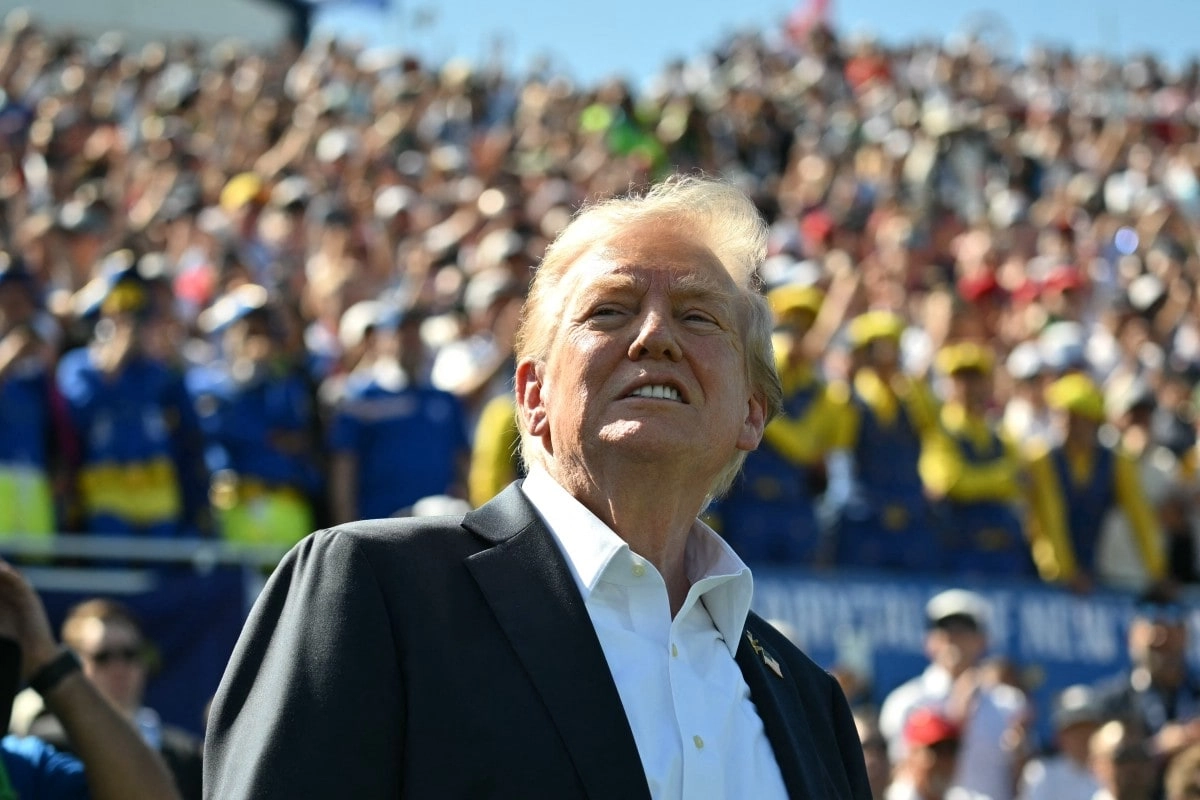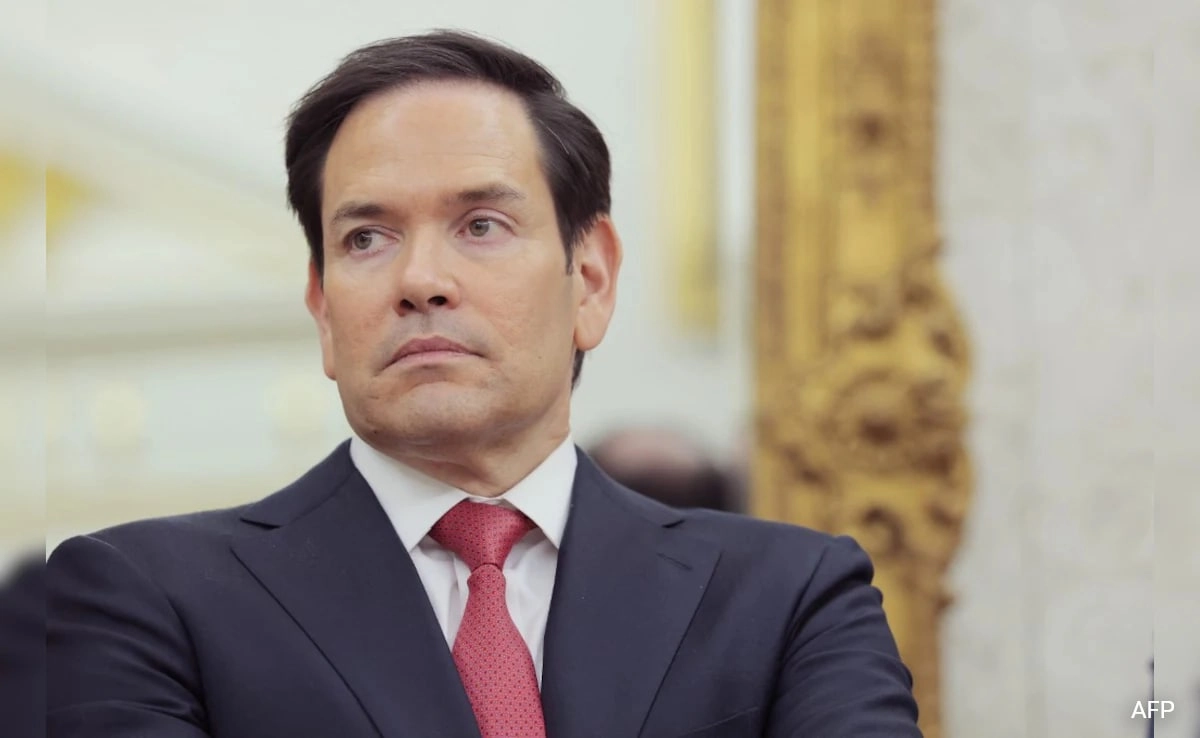Tesla is currently facing scrutiny as the U.S. government has initiated an investigation into approximately 2.8 million of its vehicles for allegedly violating traffic regulations. This probe comes amid growing concerns about the safety and operational integrity of Tesla’s advanced driver-assistance systems, particularly the Full Self-Driving (FSD) feature. The National Highway Traffic Safety Administration (NHTSA) has raised alarms over incidents where Tesla vehicles reportedly ran red lights, failed to yield to pedestrians, and engaged in other risky behaviors while operating under the FSD mode. These potential violations underscore the challenges of integrating autonomous driving technology into everyday road use, raising questions about the reliability and accountability of such systems.
The investigation could have significant implications for Tesla, which has positioned itself as a leader in electric vehicles and autonomous driving technology. As the company continues to expand its market share and influence, regulatory scrutiny could hinder its growth trajectory. The NHTSA’s inquiry not only highlights the importance of adhering to traffic laws but also reflects a broader concern about the safety of autonomous vehicles in general. With the rapid advancement of technology and the increasing adoption of driver-assistance features, regulators are faced with the daunting task of ensuring that these systems operate safely and effectively.
As the probe unfolds, it has the potential to affect Tesla’s reputation and financial performance. Investors are likely to be closely monitoring developments, as any findings that could lead to recalls or significant regulatory changes may impact the company’s stock value. Additionally, Tesla’s approach to addressing these concerns will be critical in maintaining consumer trust. The company has previously faced criticism regarding its communication and transparency with regulators and customers. How Tesla responds to this investigation could shape its future relationship with regulatory bodies and influence public perception of its commitment to safety and innovation.
In light of these developments, the automotive industry is watching closely, as the outcome of the investigation may set a precedent for how other companies navigate similar technologies. With the push toward more autonomous vehicles gaining momentum, the balance between innovation and safety remains a critical issue. The ongoing discourse surrounding Tesla’s practices could lead to more stringent regulations in the autonomous vehicle sector, prompting manufacturers to revisit their safety protocols and operational strategies. As the situation continues to evolve, it serves as a reminder of the complexities involved in advancing automotive technology while ensuring the safety of all road users.




